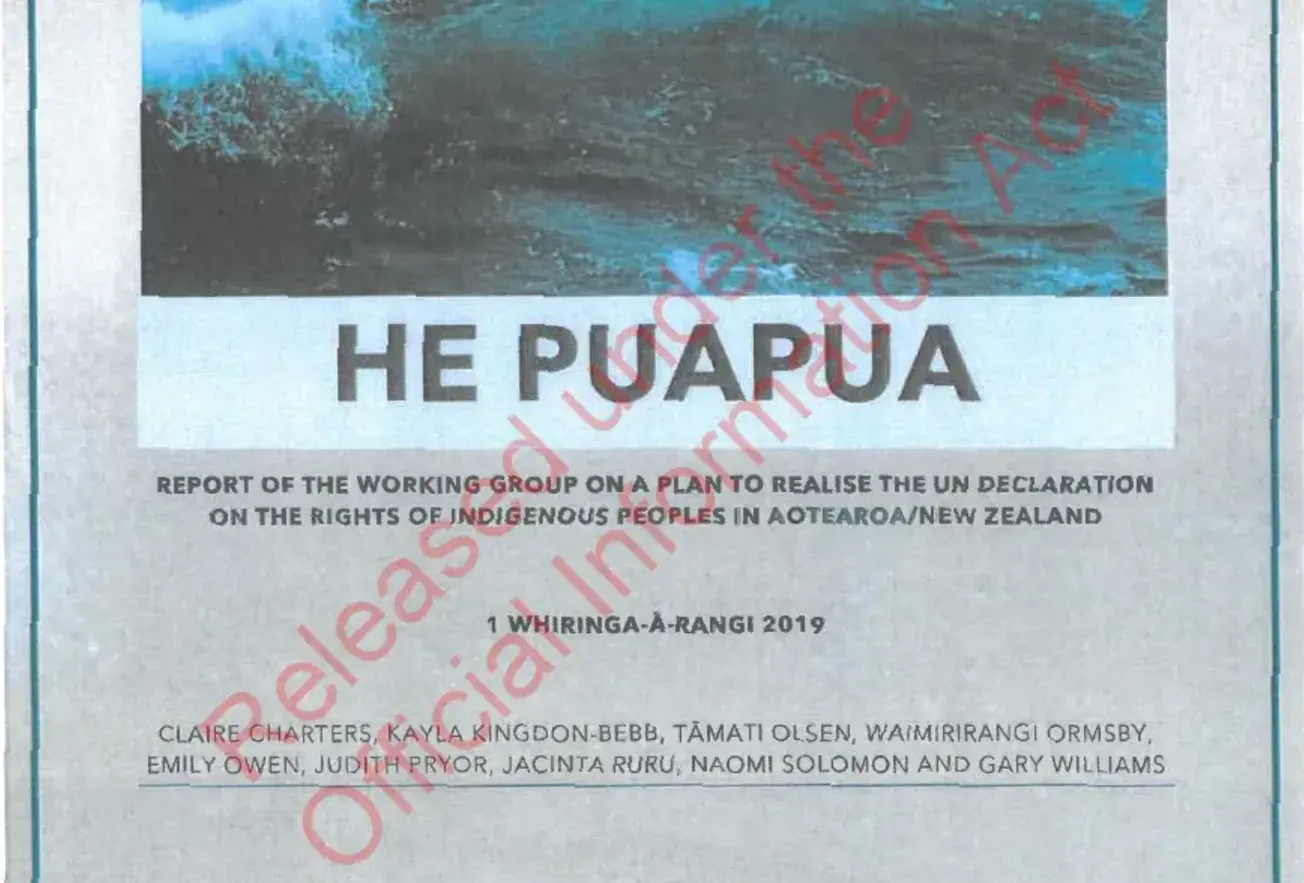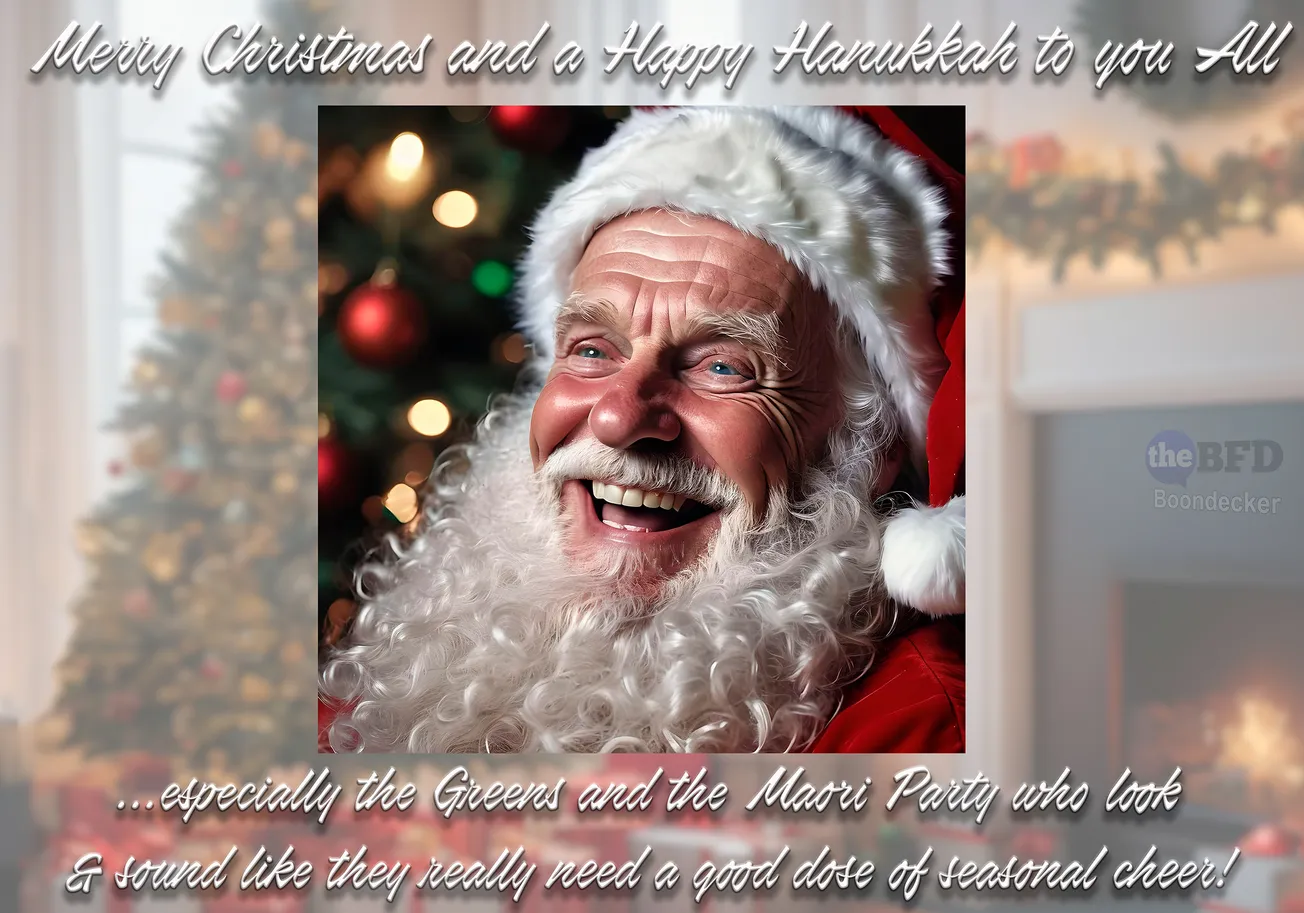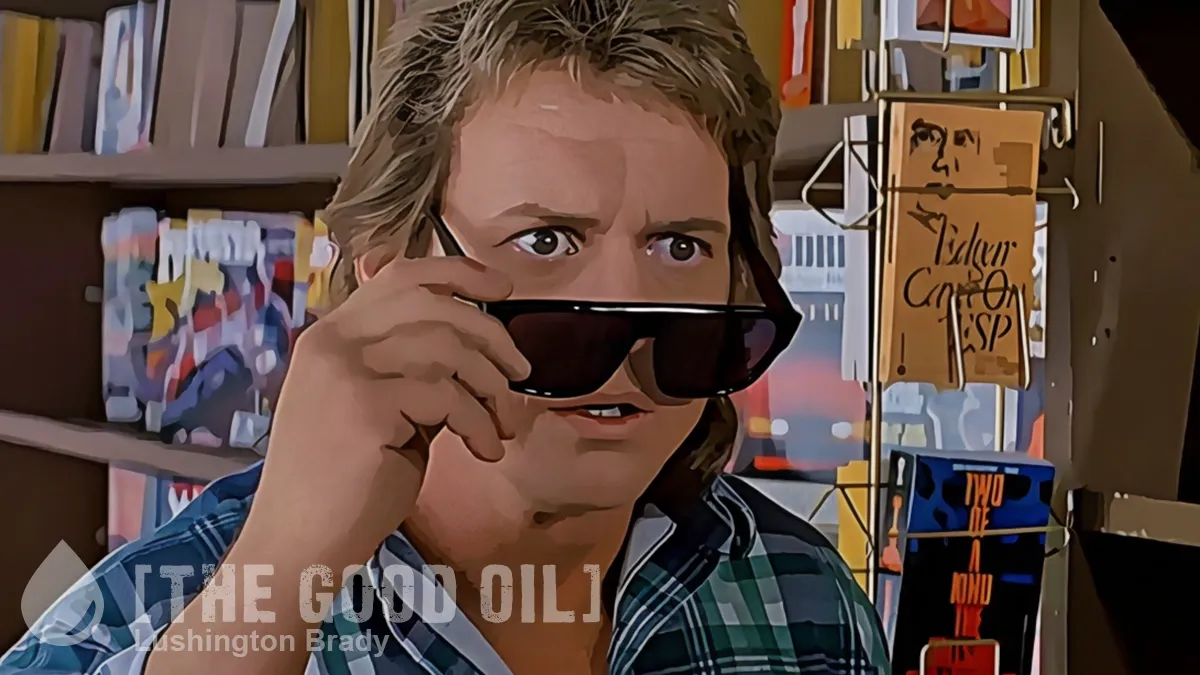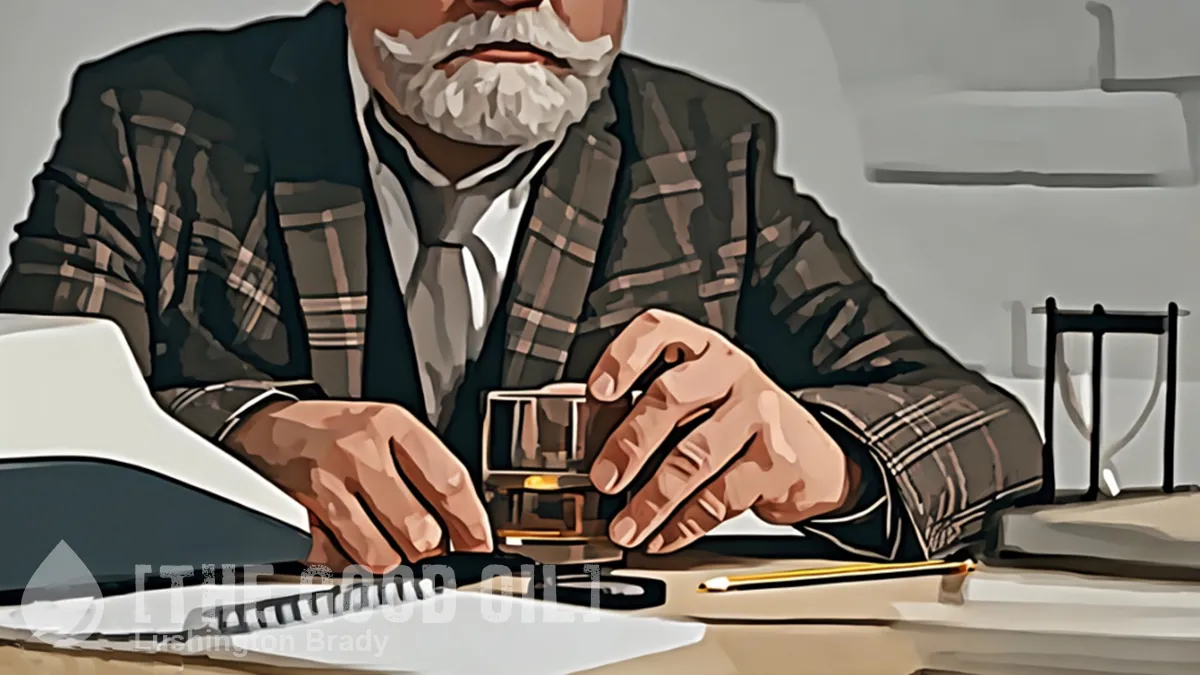Table of Contents
Dr Muriel Newman
nzcpr.com
Dr Muriel Newman established the New Zealand Centre for Political Research as a public policy think tank in 2005 after nine years as a Member of Parliament. A former Chamber of Commerce President, her background is in business and education.
Last week, the Maori Party launched a petition to Parliament to “Change the country’s official name to Aotearoa” and to “officially restore the Te Reo Maori names for all towns, cities and place names”.
On the one hand, they argued that officially changing New Zealand’s name to its “indigenous” version would “unite the country”, while on the other they claimed, “Tangata whenua are sick to death of our ancestral names being mangled, bastardised, and ignored.”
They seem to have ignored the fact that Aotearoa, was never the ‘indigenous’ name of this country.
Having had no original Maori name, the Dutch explorer Abel Tasman first named the country in 1642, with Captain James Cook anglicising it to New Zealand in 1769.
When the Treaty of Waitangi was drafted, the Maori version Niu Tireni was used.
While the name Aotearoa had been applied to the North Island, it was popularised for the whole country by the Englishman Percy Smith writing in school journals in the early 1900s.
The New Zealand Geographic Board has the authority to change place names and landmarks, but changing the name of the country is the responsibility of the government.
Asked whether the Government would support the Maori Party’s petition, Prime Minister Jacinda Ardern said, “We’ve got no plans to go through an official process to change the name of New Zealand”. She indicated her support for unofficial change: “I think there is a natural change in usage, that people are picking up and using and I would encourage that… I do like the fact it is increasingly happening regardless.”
The Prime Minister will not put the matter to a referendum because most New Zealanders believe the name of the country should remain New Zealand. Place names should also remain as they are until local communities say otherwise.
If you would like to register your support for the name of our country remaining New Zealand, please sign our NZCPR petition HERE.
Changing the name of our country by stealth is part of a wider agenda being orchestrated by the Ardern Government to replace democracy with tribal rule by 2040 – the 200-year anniversary of the Treaty of Waitangi.
Called He Puapua, this blueprint for Maori separatism is being introduced under the guise of implementing the United Nations Declaration on the Rights of Indigenous Peoples.
He Puapua was developed in 2019, but the final report was deliberately withheld from Labour’s coalition partner New Zealand First during election year. According to the former Deputy Prime Minister Winston Peters, “He Puapua was never shown to one NZ First Cabinet Minister. This report was deliberately suppressed… this report is a recipe for Maori separatism, they knew it and that’s why they suppressed it till after the election. It was a gesture of ingratitude and bad faith.”
The constitutional authority of democratic governments to exercise their powers and fulfil their responsibilities arise from the consent of the people. By deliberately concealing He Puapua from voters during the election campaign, Jacinda Ardern has abused the democractic authority given to her.
A heavily redacted copy of He Puapua was discovered by the NZCPR in early March on the Ministry of Maori Development’s website. The full version of the report was located shortly afterwards and is posted on the NZCPR website HERE.
He Puapua revealed waves of radical reforms that are all part of the plan are being imposed onto the country – including replacing New Zealand with Aotearoa, substituting Maori words for English in official communications, re-writing school history, awarding 5 per cent of government contracts to Maori businesses, and indoctrinating government employees through compulsory cultural competency training.
With the introduction of 50:50 co-governance – and the power of veto – a key goal of He Puapua, Labour’s abolition of Maori ward petition rights under Parliamentary urgency in February can be seen as the first step towards Maori control of local government.
Maori control of water, with a royalty paid to Maori tribes, is another key goal specified in He Puapua, and the Government’s Three Waters proposal has been designed to deliver that objective – by giving iwi a controlling interest in the new water entities.
The current restructuring of the entire health sector, including the abolition of community control of local health services, has been designed to deliver the He Puapua goal of a separate Maori health authority – with the power of veto over the entire health system.

In spite of the Covid crisis putting enormous pressure on the health system, the government is pressing ahead with their divisive health reforms. Just this week they announced their new health agency appointments, with Cabinet Minister Nanaia Mahuta’s sister Tipa Mahuta taking a top job as co-chair of the Maori Health Authority.
Underpinning He Puapua is the claim that the Treaty of Waitangi guaranteed Maori an equal “partnership” with the Crown. But this partnership claim is a lie – a political construct designed to advance Maori sovereignty.
Under normal conditions, one could expect the media to hold the Government to account and investigate the legitimacy of these fabricated partnership claims – especially when the stakes involve the transfer of the ownership and control of significant public resources.
But that media scrutiny no longer exists in New Zealand – at least as far as much of the mainstream media is concerned. The journalistic standards of fairness, accuracy, and balance have been compromised as a condition of access to the Ardern Government’s Public Interest Journalism Fund.
This $55 million fund is only available to news organisations that promote the Treaty partnership fiction. It’s no wonder that He Puapua has received little investigative scrutiny from our local media.
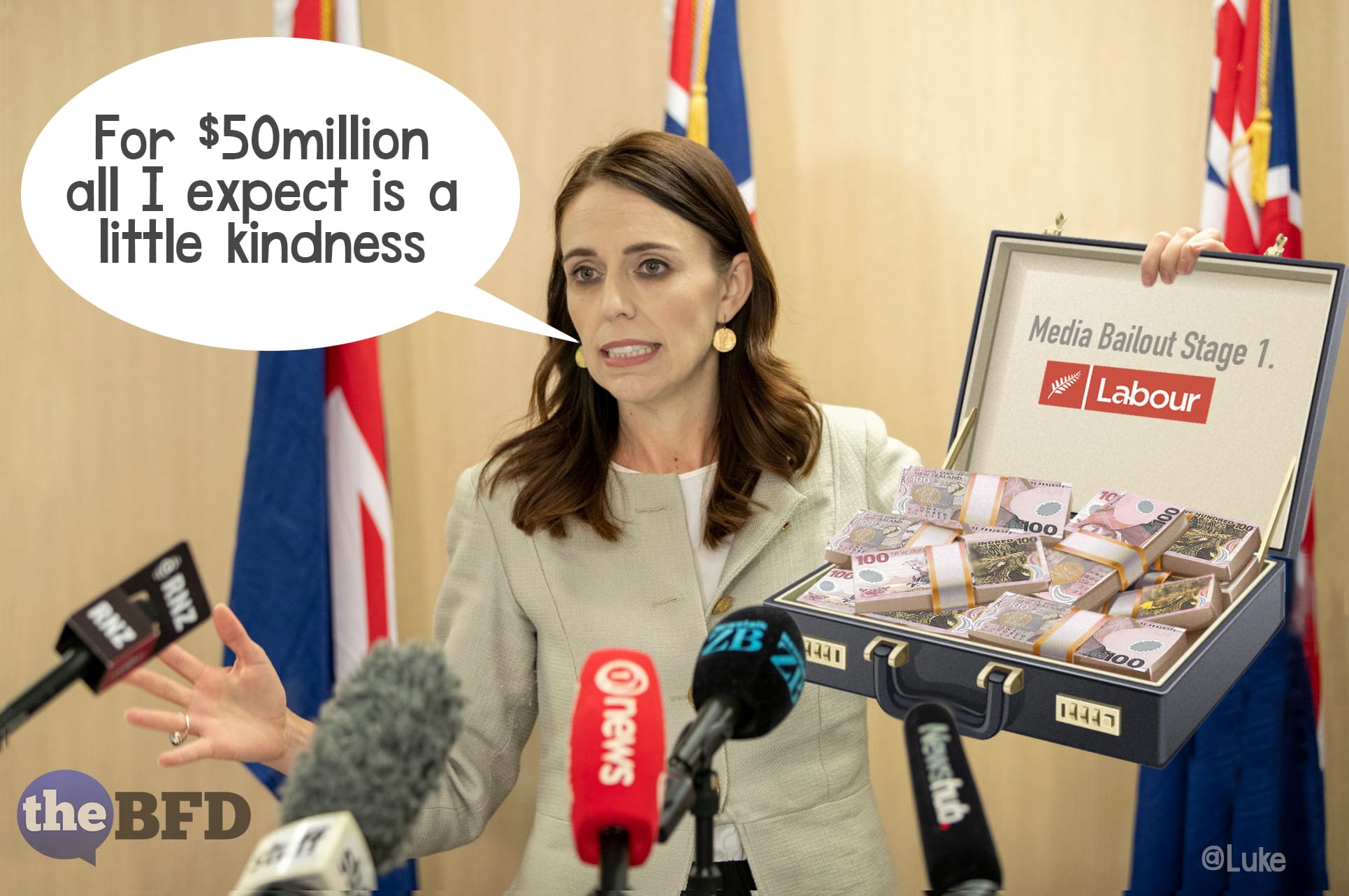
Last week, however, Sky News Australia contacted the NZCPR to discuss the He Puapua agenda. The show’s host, broadcaster Andrew Bolt, began our interview by expressing concern that Prime Minister Ardern’s ‘woke’ politics are leading the country towards a form of ‘apartheid’: “Jacinda Ardern Prime Minister of New Zealand has been the poster child of the left for a couple of years now but what she is doing to New Zealand actually amazes me. In fact, it scares me. Be warned this is where woke politics is taking us all – to a form of apartheid.” You can watch our interview HERE.
It seems extraordinary that New Zealanders are increasingly forced to turn to the Australian and other international media for any critical analysis of what is happening at home.
Following the Sky News screening, Newshub – a benefactor of the Government’s media fund – published a ‘fact check’ of our interview. In summary, they pretty much agreed with everything that was said, but disagreed with things that were not said!
Political commentator Frank Newman (who last week reported on a MediaBias survey that found State funded TVNZ and Radio NZ had the most left-wing and pro-Labour bias, followed by Newshub) has fact-checked Newshub’s fact-check of our Sky News interview, and concluded that while Newshub had confirmed the accuracy of the Bolt interview, it had itself made a number of factual errors.
In his comprehensive analysis – see HERE – Frank highlights the commitment of the New Zealand Media Council to ‘Accuracy, Fairness and Balance’ and notes, “As Newshub is a member of the NZ Media Council, I am sure there are many who look forward to it upholding those principles and providing a fair voice to those with a view that challenges the prevailing political narrative of the day.”
It might be a long wait!
Without a doubt, media bias is now a serious problem for New Zealand, as this week’s NZCPR Guest Commentator business leader and former media boss Bruce Cotterill explains:
“A free and independent press is a critically important foundation to any democracy. Without it, governments can go unchecked and the rule of law will suffer. One only has to see the events in Hong Kong over the last two years to see the impact on a society where the influence of the press has been extinguished.
“Sadly, our media does not appear to be as independent and free as we should prefer… A quick look at the treatment dished out to the political elite by Sky News Australia highlights the inadequacy of our own journalistic inquiry and how accepting we Kiwi viewers and readers have become.”
Unfortunately, things are getting worse.
With the controversial Three Waters reforms now in the news on a daily basis, where is the critical media inquiry into the rationale for a 50 per cent controlling interest in these new water entities being passed to Maori corporations, who will no doubt be free to act in their own best interests?
Control of the other 50 per cent will be contested by multiple councils seeking representation for their ratepayers who have funded these billion-dollar assets.
In one region, 22 councils will be competing for representation on six seats of their water authority board, while the other six seats will be given to local iwi.
These changes reverse more than 150 years of local council ownership of local water assets. Passing a half interest to Maori under a false notion that they have partnership rights is an outrage that is not being scrutinised by the media.
So, not only are our media failing to report issues in an accurate, fair, and balanced manner, but a purge now appears to be underway to “cancel” anyone expressing opinions contrary to the views of those who claim to be our “sole source of truth”.
In January, we saw the axing of John Banks from Magic Radio for describing early Maori culture as ‘stone age’ (even though New Zealand was a stone age society without metal implements). Shortly after Magic’s staunch defender of free speech, Sean Plunkett was “cancelled”.
Back in June, Magic Radio’s breakfast host Peter Williams likened the Public Interest Journalism Fund, with its requirement to “actively promote” the Treaty partnership, to “something the Chinese Communist Party or Kim Jong Il would put in place” – and he concluded: “By the way, ‘actively promoting’ anything is just not journalism. I’d cut to the chase and call it propaganda.”
Two weeks ago, Magic breakfast listeners heard Peter Williams sign off on a Friday with “see you Monday”, only to be told on the Monday, that he had “retired”.
Duncan Garner has gone from the AM Show, and Amanda Gillies and Mark Richardson will be out at the end of the year. As Sky host Andrew Bolt pointed out in our interview, it is a very dangerous time for New Zealand.
Broadcaster Sean Plunkett, however, is working on a new media platform that will stream live and provide balanced content of the kind that is now all too often lacking in our mainstream media.
In a recent interview, in which he explained, “I got cancelled – I got cancelled by wokism”, he expressed grave concerns about the implications of government funding of the media: “There can be no doubt that organisations like Stuff, The Spinoff, Newshub are taking money that has strings attached, big heavy strings. And I don’t see how you can have a news media you trust as a consumer, as a New Zealander, if someone is paying that organisation to change the way it talks to you and the stories it tells.”
Journalist Graham Adams is also extremely concerned about the damage to democracy caused when independent media become puppets for government propaganda, and he suggests:
“As a result of such widespread cynicism, one of the proudest boasts for any media organisation is fast becoming the claim it hasn’t received any government funding.”
Let’s make no mistake about the situation we face. Under the cover of the Covid crisis, the government is pushing ahead with a range of reforms that will fundamentally change our society from an open democracy based on the equality of all, to a tribal apartheid system that allocates resources and grants rights according to a person’s heritage and the colour of their skin.
Is this really the sort of future we want for New Zealand?
This Week’s Poll Asks:
*Do you trust media that have received funding from the Government’s Public Interest Journalism Fund?
Please share this article so that others can discover The BFD.

